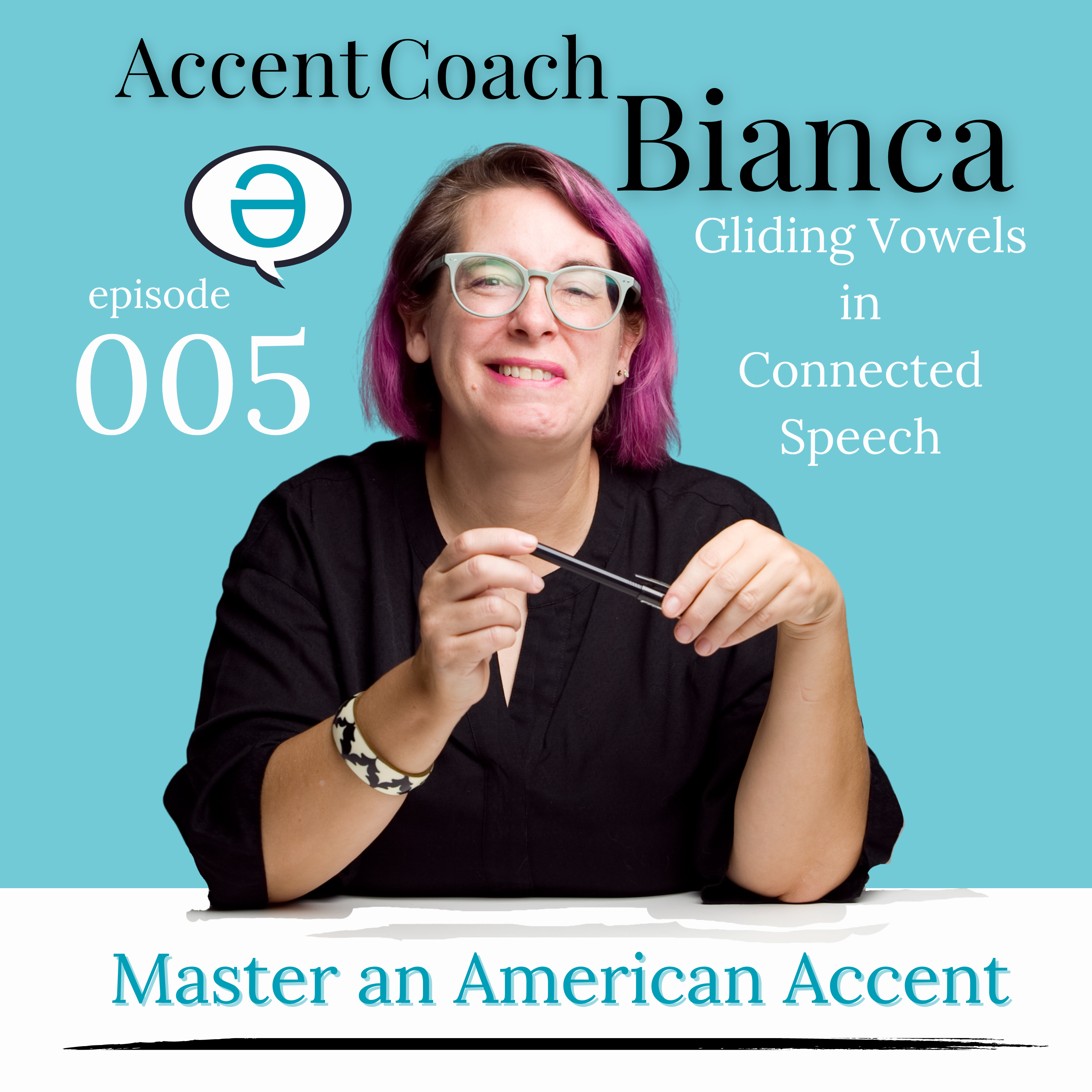What do we mean by GLIDING vowels in English?
In English, gliding vowels are an essential component of connected speech. These are vowel sounds that transition smoothly into a different vowel sound in the same syllable or across syllables, without being pronounced as a distinct sound. This process is called “gliding,” or “diphthongization,” and it is an integral part of the English language.
There are several different types of gliding vowels in English, including:
- /eɪ/ – This sound is a combination of /e/ and /ɪ/, as in the word “bait.” The mouth starts with the sound of /e/ and then glides into the sound of /ɪ/.
- /aɪ/ – This sound is a combination of /a/ and /ɪ/, as in the word “bite.” The mouth starts with the sound of /a/ and then glides into the sound of /ɪ/.
- /ɔɪ/ – This sound is a combination of /ɔ/ and /ɪ/, as in the word “boy.” The mouth starts with the sound of /ɔ/ and then glides into the sound of /ɪ/.
- /aʊ/ – This sound is a combination of /a/ and /ʊ/, as in the word “about.” The mouth starts with the sound of /a/ and then glides into the sound of /ʊ/.
- /oʊ/ – This sound is a combination of /o/ and /ʊ/, as in the word “boat.” The mouth starts with the sound of /a/ and then glides into the sound of /ʊ/.
Gliding vowels are important because they help to create a smooth and fluid sound in connected speech. They also add nuance and complexity to the language, allowing speakers to express themselves more precisely and accurately.
However, gliding vowels can be difficult to master for non-native English speakers. They require a lot of practice to get the right pronunciation and timing. One common mistake that non-native speakers make is to pronounce the two vowel sounds separately, rather than as a glide.
To improve your pronunciation of gliding vowels, it is helpful to listen carefully to native English speakers and try to imitate their intonation and rhythm. You can also practice by reading aloud and paying attention to how your mouth moves when you transition between vowel sounds.
In conclusion, gliding vowels are an important aspect of connected speech in English. They add complexity and nuance to the language and help to create a smooth and fluid sound. With practice and attention, non-native speakers can master the pronunciation of gliding vowels and improve their overall English speaking skills.
In this episode…
Gliding is more common than Assimilation in Connected Speech, but a bit more difficult! Gliding is also more common than Assimilation, so you’ll use this skill more often!
We define and review the differences between Connected Speech and Gliding, specifically.
I underline the importance of knowing how vowels are pronounced rather than relying on the way a word is written.
Also, I want you to think of vowels and consonants along a continuum rather than black and white categories. We have to pay attention to whether we’re making one pure vowel sound (monopthong) or transitioning between two (diphthong) vowel sounds (or even more). Notice how we use the semi-vowels /y/ and /w/ to ease the transitions.
I go through 7 diphthongs, to show that you are probably already gliding vowels within words, but probably not recognizing it as a tool of Connected Speech to bridge the gap BETWEEN words. Then, I give you 3 examples of Gliding as Connected Speech.
Finally, we analyze the breakfast sentence from the last episode and see two examples of Gliding.
I don’t have to tell you how difficult it is to find good accent training materials. I don’t find what I’m looking for, so I make it!
In fact, I have put together a training resource using the top 500 most common words in English for you to practice the 5 most common diphthongs, plus a BONUS of 3 ‘R-colored diphthongs’.
You can find “Master 5+ Diphthongs for Accuracy & Connected Speech” at Buy Me a Coffee: https://www.buymeacoffee.com/accentbianca/e/118507
Linking is a bit easier, and we will review that type of Connected Speech in the next episode!
Listen to Episode 005 now on Captivate or watch it on YouTube!
